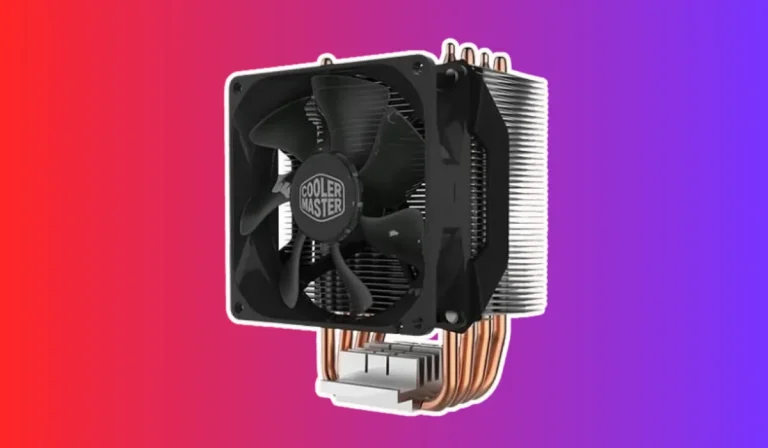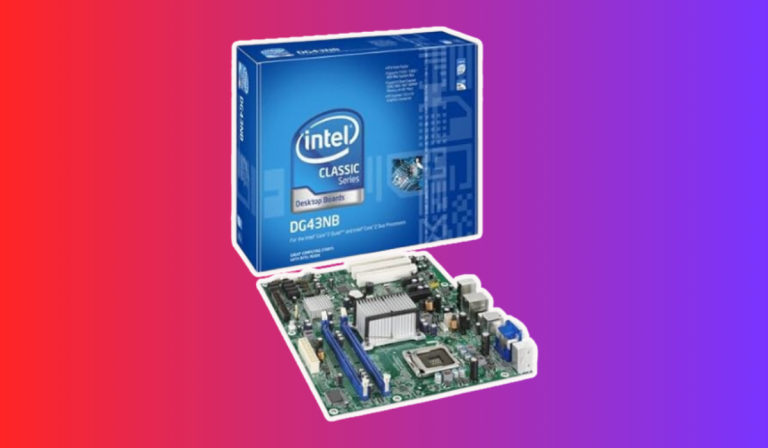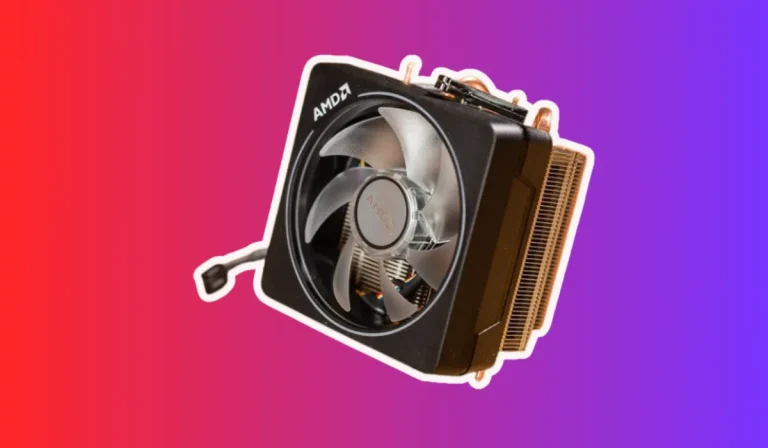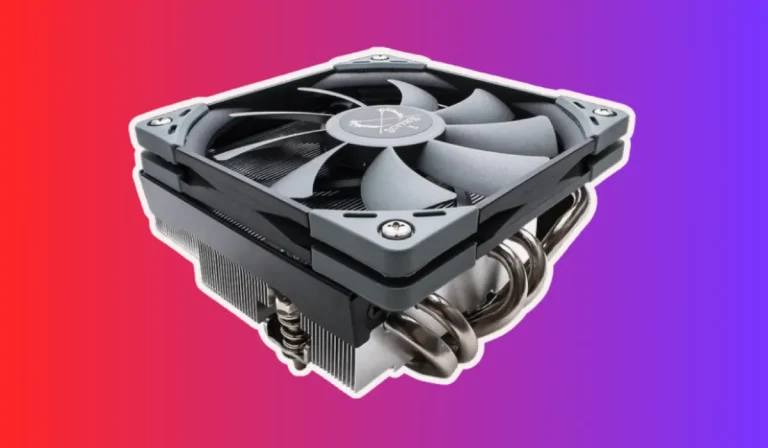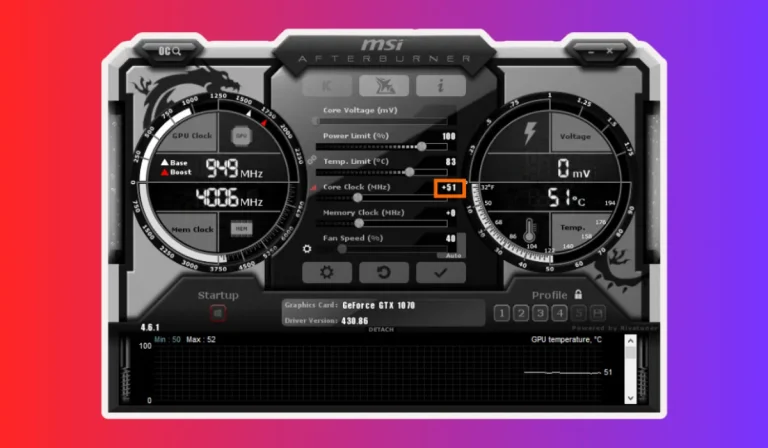Do I Need A CPU Cooler If I Have Case Fans?
Do you need a CPU cooler if you already have case fans? It’s a common question among PC enthusiasts, and the answer might surprise you. Cooling is a crucial aspect of maintaining optimal performance and longevity for your computer. Let’s explore the role of cooling in PC performance and find out if case fans alone can do the job.
The Role of Case Fans
When it comes to keeping your PC cool, case fans play a vital role. These little devices are responsible for maintaining proper airflow within your computer case, which is crucial for preventing overheating and ensuring optimal performance.
Here, we will delve into the importance of case fans and how they work in conjunction with CPU coolers to regulate temperature effectively.
Why are Case Fans Important?
Case fans are like the lungs of your computer, constantly circulating fresh air and expelling hot air to maintain a healthy temperature.
They work hand in hand with CPU coolers to ensure that excess heat generated by various components, including the CPU and GPU, is efficiently dissipated.
How do Case Fans Work?
Case fans are typically installed in strategic locations within the computer case. They come in various sizes, such as 120mm or 140mm, and can be either intake or exhaust fans.
Intake fans draw cool air from outside the case, while exhaust fans expel hot air generated by internal components.
Creating Proper Airflow
By strategically placing case fans in your PC case, you can create an efficient airflow pattern. Intake fans should be positioned at the front or bottom of the case, drawing in cool air.
Exhaust fans, on the other hand, are best placed at the rear or top of the case, expelling hot air. This ensures a continuous flow of fresh air while expelling heat effectively.
Enhancing Cooling Performance
Having an adequate number of case fans can significantly improve cooling performance. The more fans you have, the better the airflow, leading to lower overall temperatures.
However, it’s important to strike a balance and avoid overcrowding the case with fans, as this can disrupt the airflow and create unnecessary noise.
Do Case Fans Alone Suffice?
Many PC enthusiasts wonder if case fans alone are sufficient for cooling their systems. While case fans play a crucial role in maintaining airflow, it’s essential to understand their limitations. Here, we will explore whether relying solely on case fans for cooling is enough to keep your PC running smoothly.
The Limitations of Case Fans
Case fans are undoubtedly beneficial in keeping your components cool. They circulate air, preventing stagnant pockets of heat within the case. However, when it comes to cooling the CPU, case fans alone may not be enough, especially during demanding tasks or when overclocking.
Intensive Tasks and Overclocking
During intensive tasks, such as gaming or video editing, the CPU generates a substantial amount of heat. Case fans may struggle to dissipate this heat adequately, leading to increased temperatures and potential performance issues.
Similarly, when overclocking your CPU to push its limits, the heat generated can surpass what case fans alone can handle.
The Importance of a Dedicated CPU Cooler
To effectively cool your CPU, it’s crucial to invest in a dedicated CPU cooler. Unlike case fans, CPU coolers are specifically designed to handle the intense heat generated by the processor.
They often feature larger heatsinks, heat pipes, and fans with higher RPMs, allowing for more efficient heat dissipation.
Balancing Case Fans and CPU Coolers
While case fans alone may not suffice for cooling the CPU, they still play a vital role in maintaining overall system temperature. By combining case fans with a dedicated CPU cooler, you can achieve a balanced cooling setup.
The case fans provide general airflow within the case, while the CPU cooler focuses on efficiently cooling the processor.
Benefits of Using Both CPU Cooler and Case Fans
When it comes to cooling your PC, a combination of both a CPU cooler and case fans can bring significant benefits. By working together, these cooling components ensure optimal performance, prevent overheating and extend the lifespan of your computer. We will explore the advantages of using both a CPU cooler and case fans in your system.
Improved Heat Dissipation
By combining a CPU cooler and case fans, you create a comprehensive cooling solution. The CPU cooler focuses on efficiently dissipating heat generated by the processor, while the case fans circulate fresh air and expel hot air from the case.
This synergy allows for better overall heat dissipation, ensuring that your components stay within safe temperature ranges.
Enhanced Performance
Efficient cooling is crucial for maintaining consistent performance, especially during demanding tasks or intensive gaming sessions.
When your CPU and other components are kept at optimal temperatures, they can operate at full capacity without throttling or experiencing performance drops. The combination of a CPU cooler and case fans helps to achieve this by keeping temperatures in check.
Extended Component Lifespan
Heat is one of the biggest enemies of electronic components. Excessive heat can degrade the performance and longevity of your PC parts.
By using both a CPU cooler and case fans, you can effectively manage temperatures and reduce the risk of component damage due to overheating. This can lead to a longer lifespan for your hardware, saving you from costly replacements.
Reduced Noise Levels
While cooling is essential, nobody wants a loud and noisy PC. The good news is that a properly balanced combination of CPU cooler and case fans can help reduce noise levels.
By ensuring efficient heat dissipation, the fans can operate at lower speeds, resulting in quieter operation without compromising on cooling performance.
FAQ’s
1. Do I need a CPU cooler if I have case fans?
Yes, you still need a CPU cooler even if you have case fans. While case fans help with overall airflow within the computer case, a dedicated CPU cooler is specifically designed to handle the heat generated by the processor.
2. Can case fans alone adequately cool the CPU?
Case fans alone may not be sufficient to adequately cool the CPU, especially during demanding tasks or when overclocking. A dedicated CPU cooler is recommended for efficient heat dissipation from the processor.
3. What is the difference between a CPU cooler and a case fan?
A CPU cooler is designed to directly cool the processor by utilizing a heatsink, heat pipes, and a fan. Case fans, on the other hand, circulate air within the computer case, preventing stagnant pockets of heat.
4. Can I use a CPU cooler without case fans?
While it is technically possible to use a CPU cooler without case fans, it is not recommended. Case fans help in maintaining overall system temperature by expelling hot air and bringing in fresh air. Combining a CPU cooler with case fans provides a more balanced and efficient cooling setup.
5. Are there any benefits to using both a CPU cooler and case fans?
Yes, using both a CPU cooler and case fans brings several benefits. The combination ensures better heat dissipation, improved performance, extended component lifespan, and reduced noise levels. It provides a comprehensive cooling solution for your PC.
Conclusion
While case fans play a crucial role in maintaining overall system temperature, a dedicated CPU cooler is still necessary to effectively cool the processor.
By combining both, you ensure optimal cooling performance, prevent overheating, and protect your PC components, making it a worthwhile investment for a smooth and reliable computing experience.

